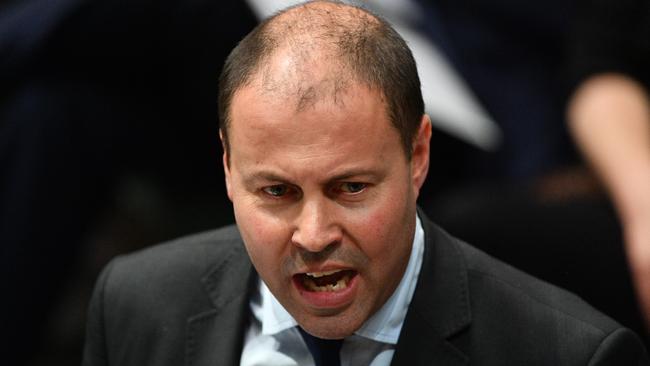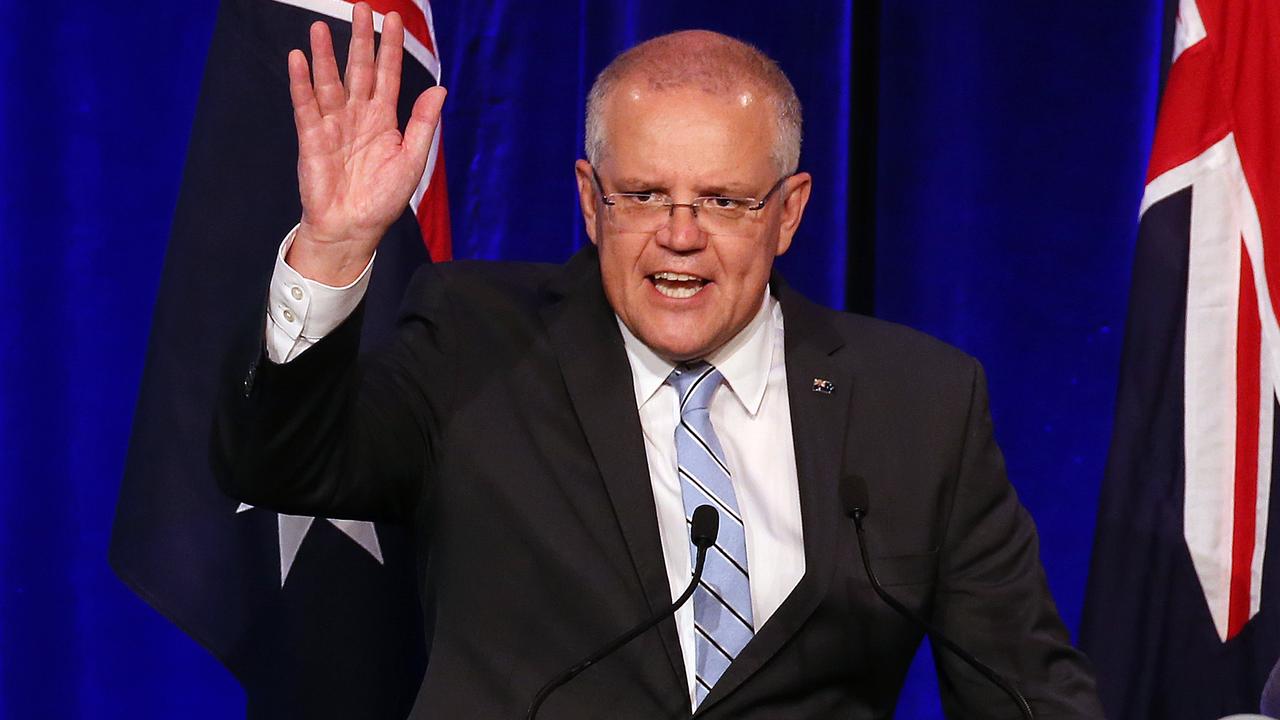Good reasons to sign up to the National Energy Guarantee

Forget the GetUp! Campaign to thwart the negotiations, there are good reasons for the states and territories to sign up to the National Energy Guarantee.
Yes, the aims of the various parties are somewhat different. Energy minister Josh Frydenberg wants a deal to move on from the internal wars within his own party. For too long rational positioning on energy and emissions policies inside the Liberal Party have been held captive to anti-climate change activism by reactionaries who either see (false) political advantage in rejecting pricing carbon or a zealots when it comes to questioning the science. They have added zealotry for new coal fired power stations — despite the business cases against such engineering — to their grab bag of unrealistic policies.
States and territories, certainly Labor governments in Victoria and the ACT, are largely interested in emissions reductions, and they rightly worry that the NEG offers nothing on that score. But what it does provide is the framework for a future federal government to ramp up emissions targets. Which presumably is what federal Labor will do if it wins the next election.
Without the NEG being legislated doing so would be harder, and the states would therefore be further away from more robust action on climate change if they don’t embrace what Frydenberg is offering.
Which brings us back to the politicking around the NEG. In a policy sense federal Labor should like it, because the NEG will act as an enabler for them to do more on climate change. And with price and reliability guarantees built into the framework, especially the latter. But Bill Shorten must worry that the politics post a legislated NEG could work against him at the next election. The government will be able to argue that it has a “responsible” framework and plan for energy and climate policy, contrasting its position with a Labor Party that wants to turn the dial up on emissions reductions. The claim will be that even the NEG can’t adequately protect electricity prices if Labor lifts the emissions targets.
For the PM the most important part of getting the NEG deal done is to move past the debilitating internal debate on energy and climate. If Frydenberg achieves that by legislating the policy he’ll have done more to help manage stability within the government than any other minister. And he’ll have delivered a potential political winner of a contrast between the parties for the next election.
The stakes are high, and that’s even before considering the value of a legislated NEG for future governments that want to do more on climate change.
Peter van Onselen is a professor at The University of Western Australia and Griffith University.


